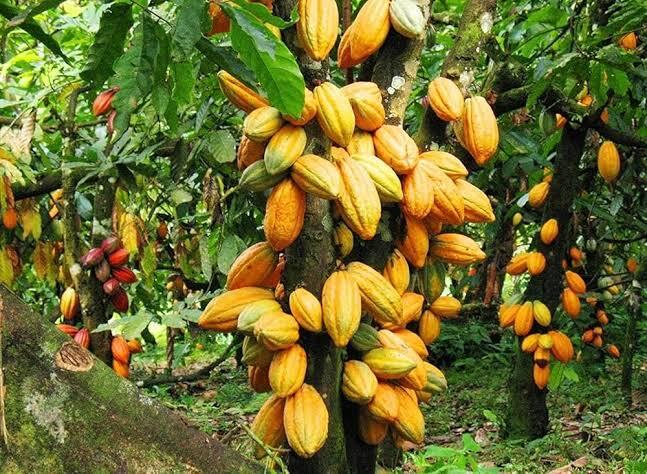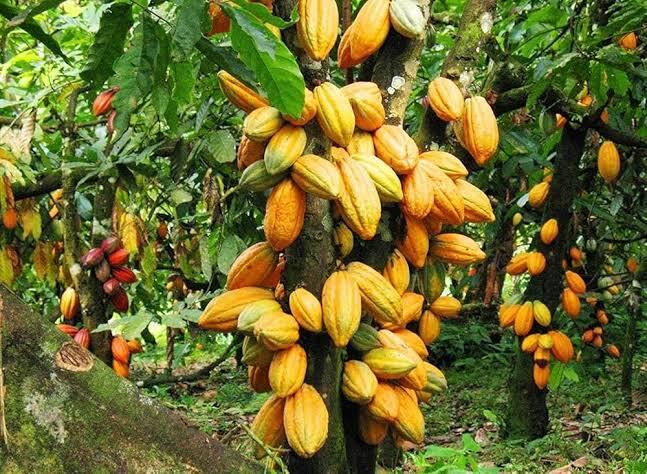Ghana Launches Ambitious Plan to Revive Cocoa Industry with 200,000 Hectares of New Plantations

Ghana's government has announced a bold initiative to acquire 200,000 hectares of land by the end of 2025 to establish large-scale cocoa plantations, aiming to revitalize the nation's cocoa industry and restore annual production to 1 million metric tonnes.
Background: A Sector in Decline
Once a cornerstone of Ghana's economy, the cocoa sector has faced significant challenges in recent years. Production has plummeted from a peak of 1 million metric tonnes to approximately 500,000 tonnes, marking the lowest output in over two decades. This decline is attributed to factors such as climate change, tree diseases like the swollen shoot virus, and the destructive impact of illegal gold mining (galamsey) on cocoa farmlands.
The Government's Plan
Finance Minister Dr. Cassiel Ato Forson unveiled the land acquisition strategy during the inauguration of a new 11-member Board of Directors for the Ghana Cocoa Board (COCOBOD). The plan involves establishing industrial-scale cocoa plantations managed by COCOBOD, intended to complement existing smallholder farms and ensure sustainable sector growth Dr. Fortson emphasized the urgency of implementing robust measures to reverse the downturn in cocoa production, stating, "Cocoa has always been the mainstay of our economy, and that must not change." He highlighted that mismanagement in recent years has led to a worrying decline in both production and financial stability.
Addressing Challenges
The initiative also aims to rehabilitate disease-ravaged farms, particularly in the Western Region, where the swollen shoot disease has devastated cocoa trees and disrupted the livelihoods of thousands of farmers. By investing in new plantations and sector reforms, the government seeks to restore Ghana's reputation as one of the world's leading cocoa producers.
Stakeholder Support
The Chairman of the newly inaugurated COCOBOD board, Dr. Samuel Ofosu Ampofo, pledged to reset, retool, and reposition COCOBOD as a model institution. He expressed commitment to the turnaround agenda, aiming to stabilize and revitalize the cocoa industry.
While the impact of new plantations will not be immediate—cocoa trees typically take three to five years to produce their first pods—the government's proactive approach is seen as a critical step toward stabilizing and revitalizing the cocoa industry. Stakeholders have welcomed the announcement, viewing it as a bold policy response to the challenges facing the sector.
This strategic move underscores Ghana's determination to overcome the current crisis in its cocoa industry and to secure the livelihoods of millions who depend on cocoa farming.
Follow & Subscribe:
👉 Africa Agri Market on LinkedIn for the latest updates and insights.
🌐 Visit us at www.africa-agri-market.com for more information!
